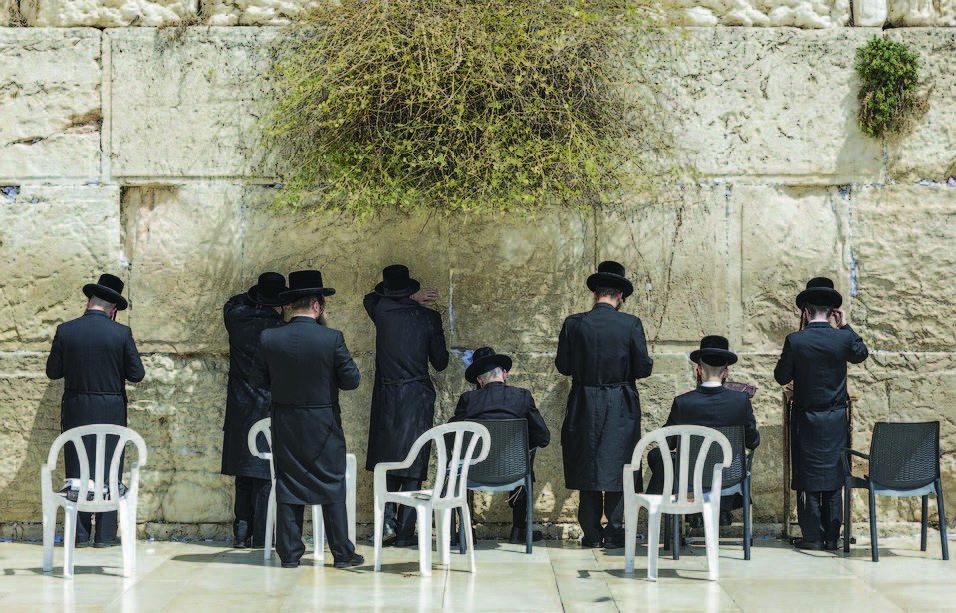
The spread and impact of Covid-19 has “shaken the assumptions of some in the insular ultra-Orthodox world, swelling the numbers of those who decide they want out,” writes Isabel Kershner in the New York Times (February 17). Organizations that assist ultra-Orthodox Jews in leaving the fold or managing the transition into modern Israeli society have reported a rise in the demand for their services. Although there is no clear estimate on the scale of defections, Naftali Yawitz, head of the division of the Labor and Social Affairs Ministry that helps fund such organizations said there has been a “very significant wave” in recent months of both new leavers and ex-ultra-Orthodox seeking help.

Source: Nick115, Pixabay).
One such organization, Hillel, which operates an emergency shelter with the ministry and halfway apartments for leavers, has also reported a 50 percent increase in former ultra-Orthodox seeking help in the past year. These defectors continue to leave even when their families cut them off. “This was just what the ultra-Orthodox rabbis had feared and why some were so insistent on keeping their religious education institutions open in violation of lockdown regulations,” adds Kershner. Even before the coronavirus, the number of young adults leaving ultra-Orthodox (or Haredi) communities had reached about 3,000 a year, according to data up to 2018 from the Israel Democracy Institute.
The pandemic has also widened the split between the Israeli mainstream and the ultra-Orthodox, who have been hit hard by the virus and have been criticized for defying antivirus measures. For years, officials and experts have maintained that the rapid growth of the ultra-Orthodox population threatens the economy due to the high number of Haredi men studying Torah full time and subsisting on government welfare. Most Haredi women work in low-grade jobs to support their families. Those concerns have persuaded the government to offer financial incentives to young Haredi adults to forgo full-time study in religious seminaries, enlist for military service (an obligation for most other Israeli 18-year-olds), and take academic or training courses. Under the new policies, those who leave Haredi communities will be eligible for the same benefits.